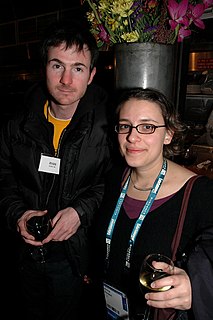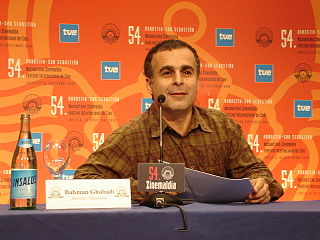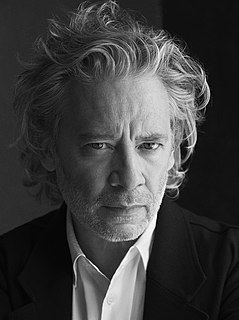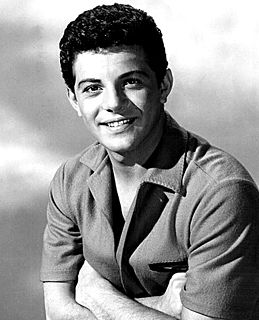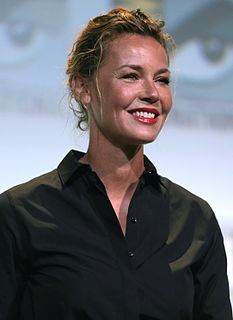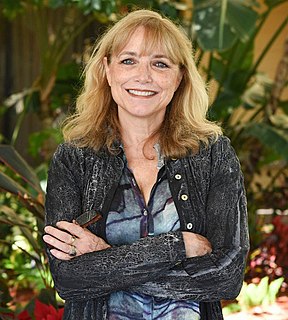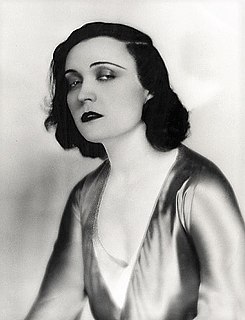A Quote by Rick Moranis
And we had the perhaps unfair advantage of not having to worry about what an audience was gonna think. We were in a vacuum. We were making little short films, really.
Related Quotes
When we started on 'Coraline,' there was a whole host of things that we had no idea how we were going to do. Because we were making films in a way that had never really been done before, we were taking this hundred-year-old art form and bringing it into a new era by embracing technology and innovation.
Often when you get a really good script, and you receive the new pages, you see that the entire thing has been dumbed down. Films in the '30s and '40s, that were huge blockbusters, were very sophisticated in their language, and the ideas they brought. There were no questions about whether the audience would get it or not.
From the little reading I had done I had observed that the men who were most in life, who were molding life, who were life itself, ate little, slept little, owned little or nothing. They had no illusions about duty, or the perpetuation of their kith and kin, or the preservation of the State. They were interested in truth and in truth alone. They recognized only one kind of activity - creation.

